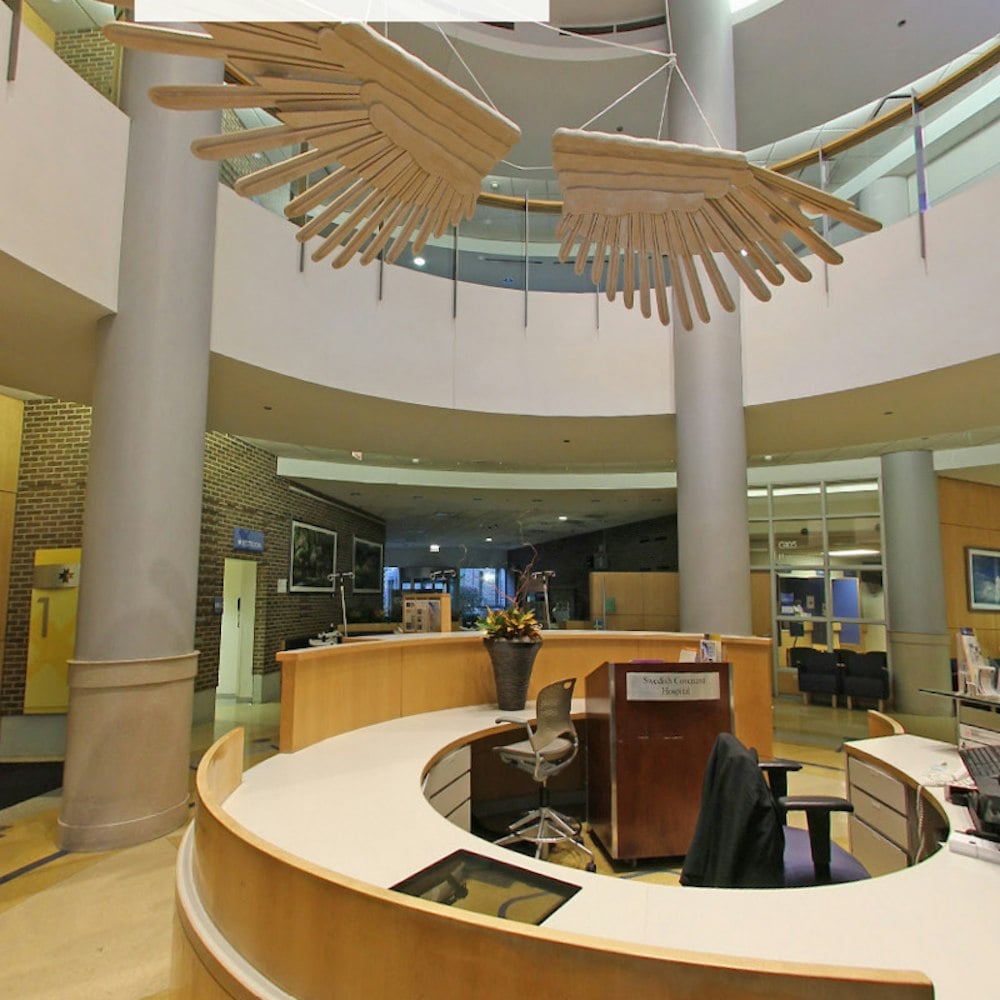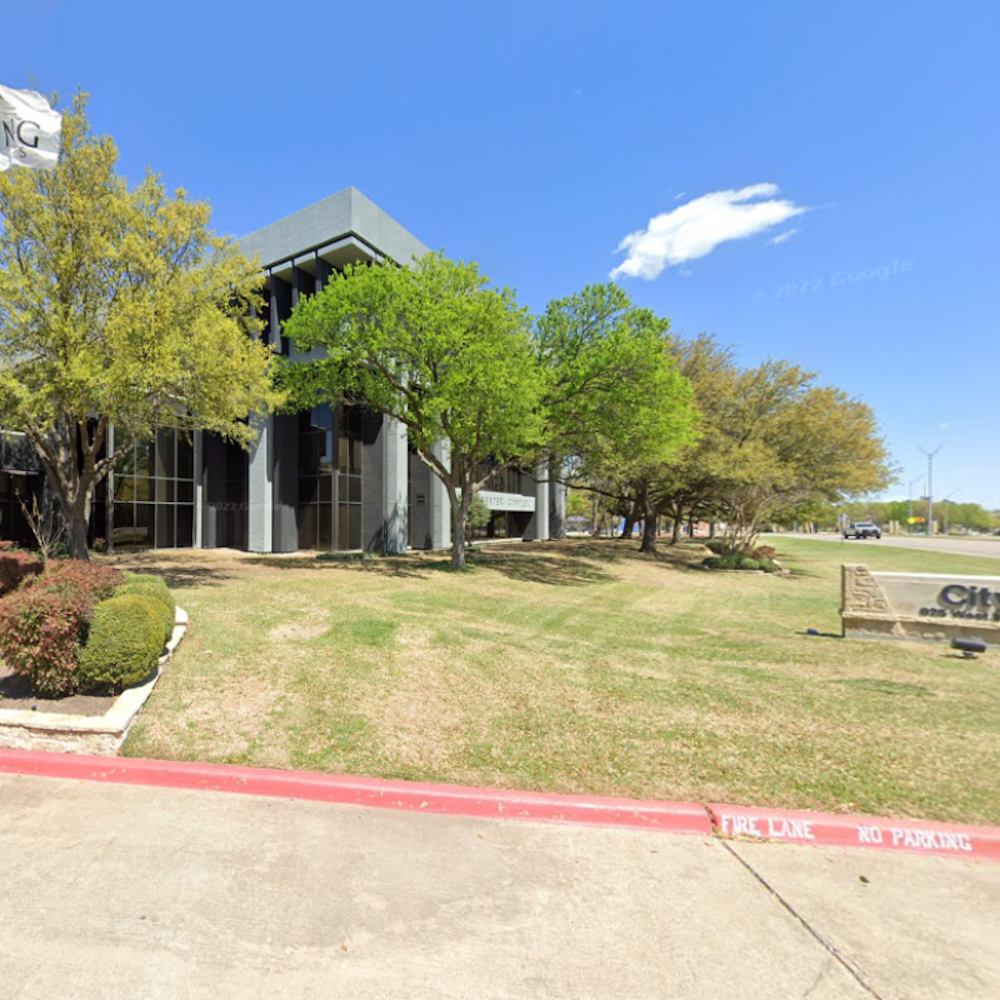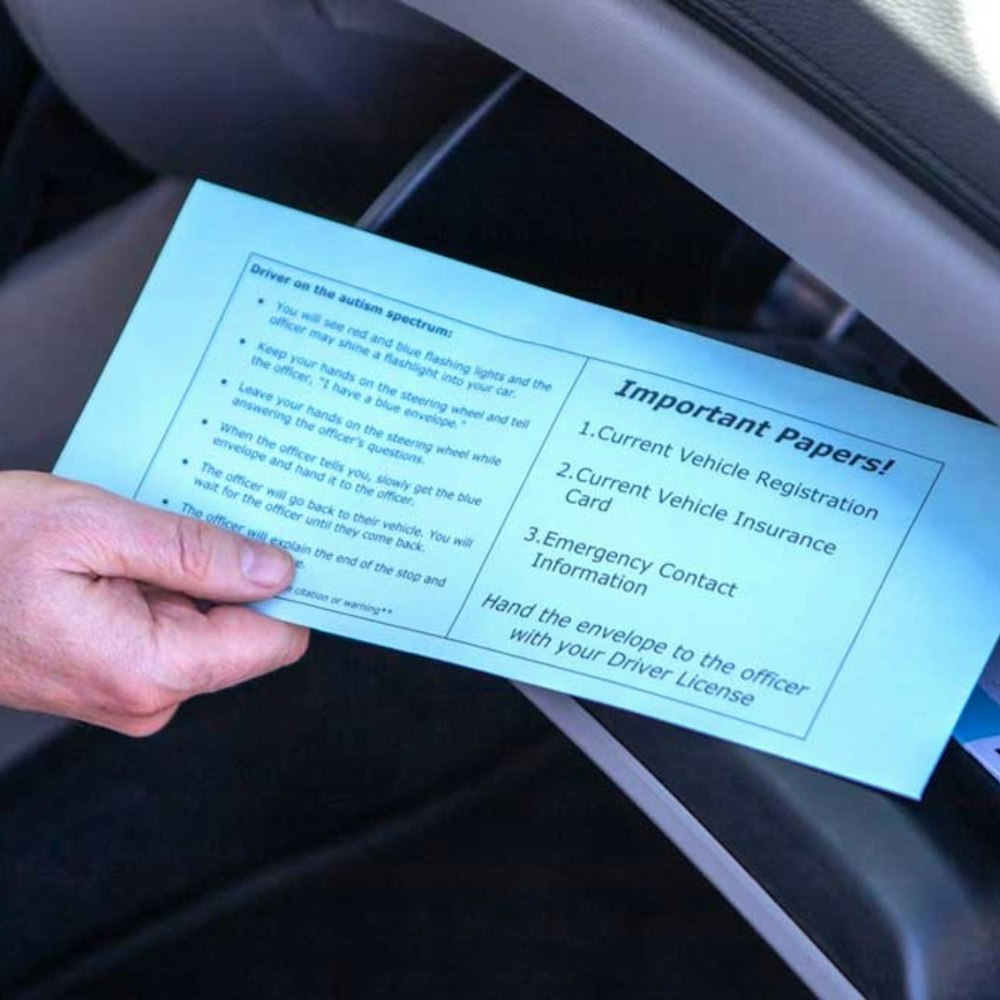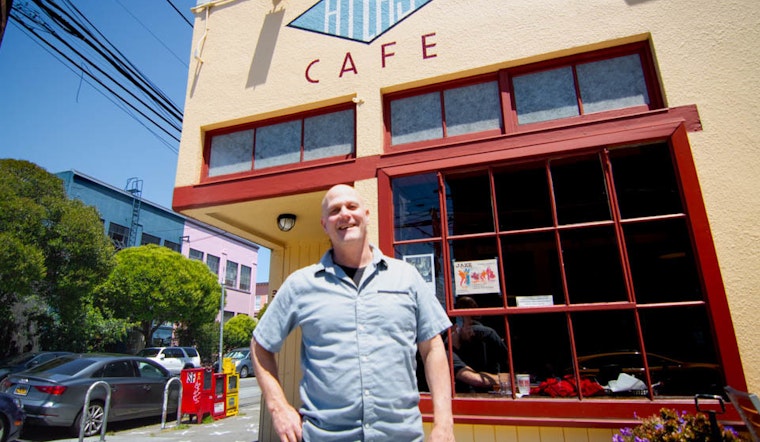
This story is part of Hoodline’s Local Spotlight pilot program, which aims to draw attention to established businesses around the city. Atlas Cafe did not pay for editorial consideration.
Atlas Cafe is offering a special discount to Hoodline readers. Show this story at the register, and you'll get a free small coffee, ginger lemonade or iced tea with any purchase over $10.
When Atlas Cafe first opened its doors, the stretch of 20th Street between Van Ness and Potrero avenues was hardly a destination — except for those who lived in the area or worked in nearby warehouses.
"There wasn't much in the way of food or beverage businesses here at all," remembers owner Bill Stone. "It was a little bit of a rough area."
Today, the northeast corner of the Mission emanates a much different vibe, with a thriving collection of homegrown restaurants, bars, and entertainment venues. That's thanks, in part, to one coffee shop that took a chance on the neighborhood.
An unexpected location
Atlas made its debut at 3049 20th St. in 1996, moving into a building that had been vacated by a bar called El Vaquero.
Stone, a Bay Area native, had been in the restaurant business for nearly a decade before opening Atlas. He started working in cafes as a college student, before co-founding SoMa's Ace Cafe with a friend in 1988. After selling the Ace in 1995, Stone decided to open a new business in the Mission.
The decision to put down roots in the area was a bit of a gamble. "There was very little coffee in the area," Stone tells Hoodline. "To the south, there were a lot of Hispanic families, who didn't drink much coffee. And to the north, it was all industrial. But as soon as we opened, people came out of the woodwork, looking for a place to get coffee and a pastry."
The local community of artists provided a customer base right away. The spacious interior proved a popular spot for working, studying, and socializing. And the back patio benefited from the sunny Mission weather, some of the city's warmest.
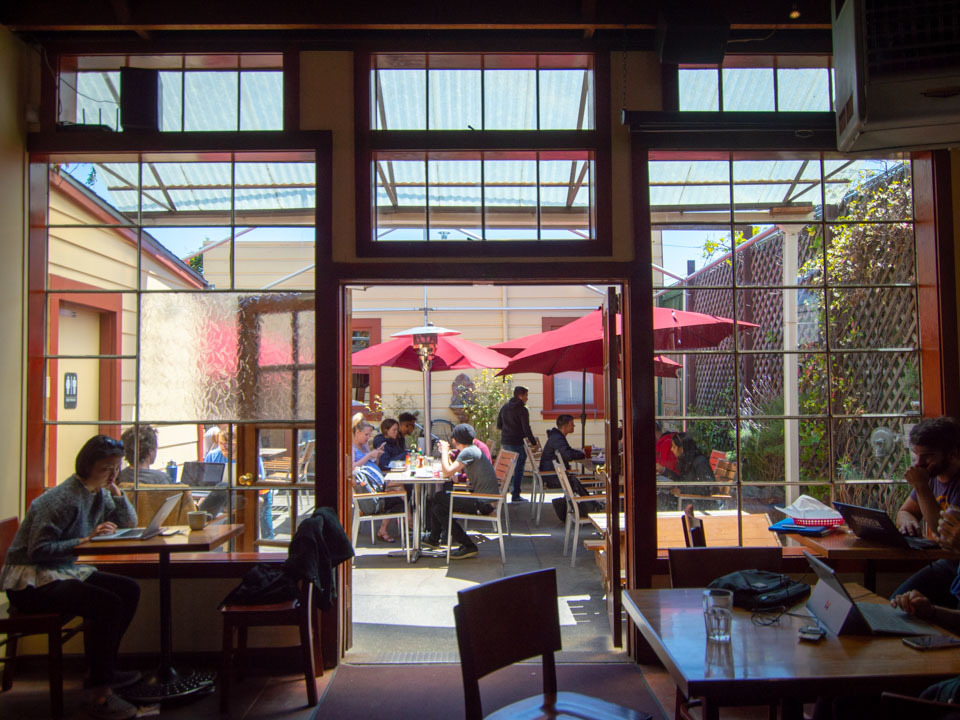
Today, Atlas offers a wide range of cafe fare, from salads and sandwiches (the vegetarian roasted yam sandwich is particularly popular) to steamed egg breakfasts and customizable pizzas.
The drink menu is equally diverse: The Dirty Bunny (spicy ginger lemonade and iced tea) is a favorite, as is the kombucha on tap, brewed by Lev's Original Kombucha on Treasure Island.
Those looking for a cup of coffee may be tempted to go to Sightglass, which opened a location across the street in 2014, but Atlas' Stumptown roasts are not to be overlooked.
"Our espresso is better than people might think," says Stone. "Although it might not be as highly touted as some of the local coffee roasters, we use really high-quality beans and equipment."
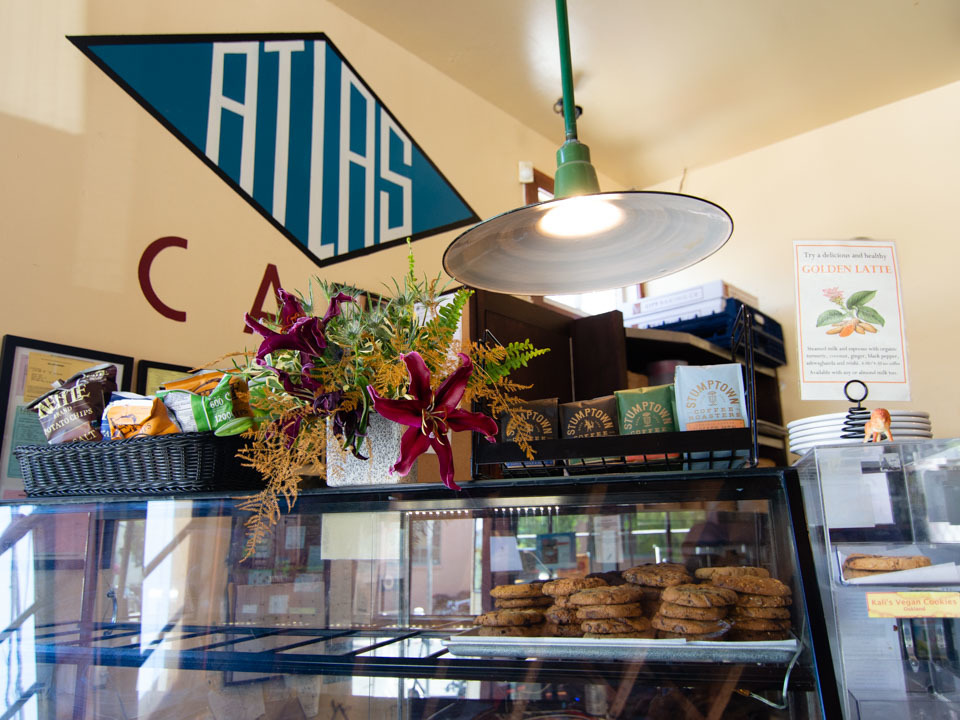
An open space for creatives
Atlas began hosting live music nights soon after it first opened. The cafe's bluegrass jam sessions were well-known among local musicians, but as audiences dwindled, they ultimately came to an end in 2017.
Atlas is now showcasing jazz artists three nights a week, featuring local performers in a wide range of styles and experience levels.
"We tried a few different things, but jazz is something that works well with our space," Stone says, noting that live music on Thursdays and Fridays usually brings in more business than Saturdays. "We’re going to do it for a few more months and see how it goes."
The cafe's picturesque digs also earned it a 2014 appearance on the Netflix series "Sense8." The cafe closed for three days to film the show, which aggravated some customers, but ultimately drew additional business.
"I still get people coming in and saying, 'Hey, I saw your cafe on 'Sense8'!" says Stone, laughing. "But to this day, I still haven't seen it."
Challenges in a changing San Francisco
Over the years, Atlas' clientele has shifted. The dot-com boom in the late 1990s introduced a wave of young professionals to the neighborhood, who came to the cafe to work or host informal meetings. The phenomenon has repeated with the past decade's tech boom.
While Stone welcomes these new customers, he's noticed that they bring a unique set of challenges.
“I've noticed that fewer people tip than they used to," he said. "Some of them really don't think anything of it; they just sign their credit card slip and leave."
Atlas shares its tips among the entire staff, and with the high cost of living in San Francisco, "the staff relies on tips to bring their income to a livable level," he said.
"[People in the neighborhood] are also getting delivery more often, and a lot of them are getting food and beverages at work for free," Stone said, which could account for the occasional dip in sales.
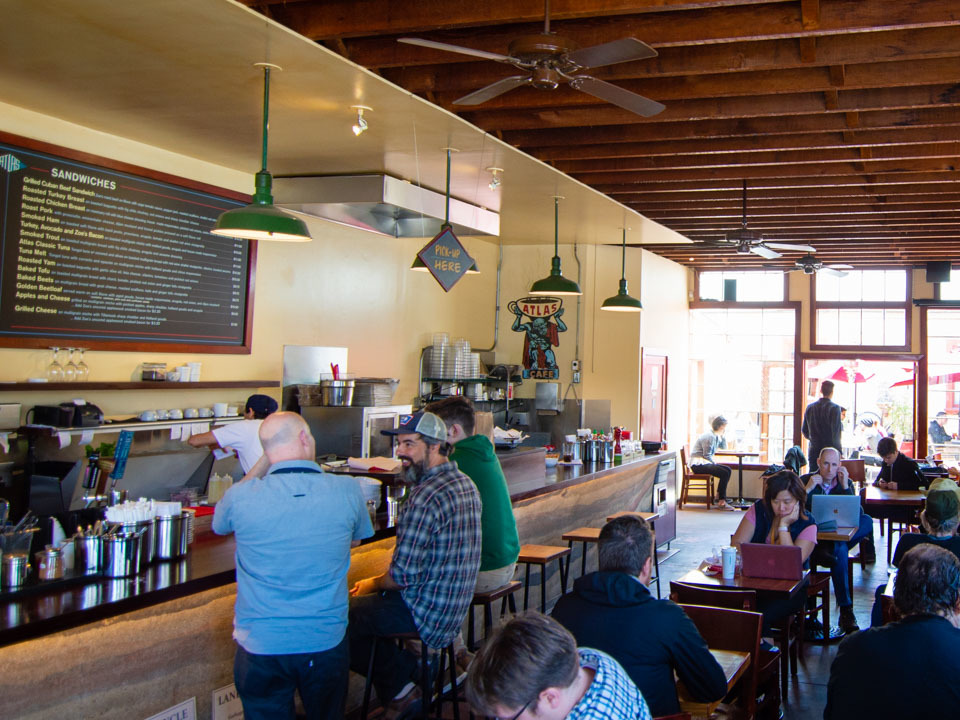
Atlas has fewer than 20 employees, meaning Stone isn't required by city law to provide health insurance to staff. While he thinks offering benefits is important, he says it would be impossible to do so without raising costs significantly for his customers.
"I don’t think I would still be in business if I had to do that," he says. "At the same time, it puts us at a disadvantage; it's harder to find employees compared to a lot of the larger businesses, who offer healthcare and insurance."
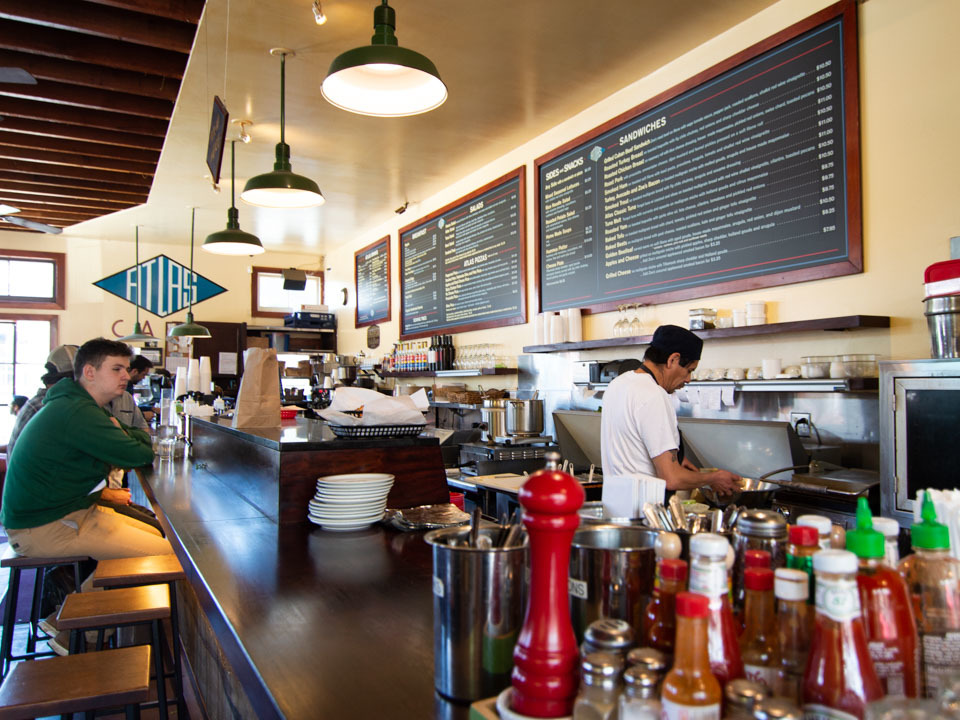
In the past decade, several high-end eateries have opened in the blocks around Atlas, from Sightglass to popular Italian restaurant Flour + Water. Stone says the competition hasn't hurt sales much, but he sees these businesses as a reflection of changing tastes.
In response, Atlas has kept its prices low, making minor adjustments to the menu but not bending over backwards to appease changing demographics.
The decision to stay consistent is a practical move, Stone said. With rent, taxes, utility bills, and the city's minimum wage all rising over a very short period of time, there's not much left in the budget for experimentation.
"Despite the economy booming in San Francisco, it’s gotten a lot trickier for businesses, especially restaurants," he said.
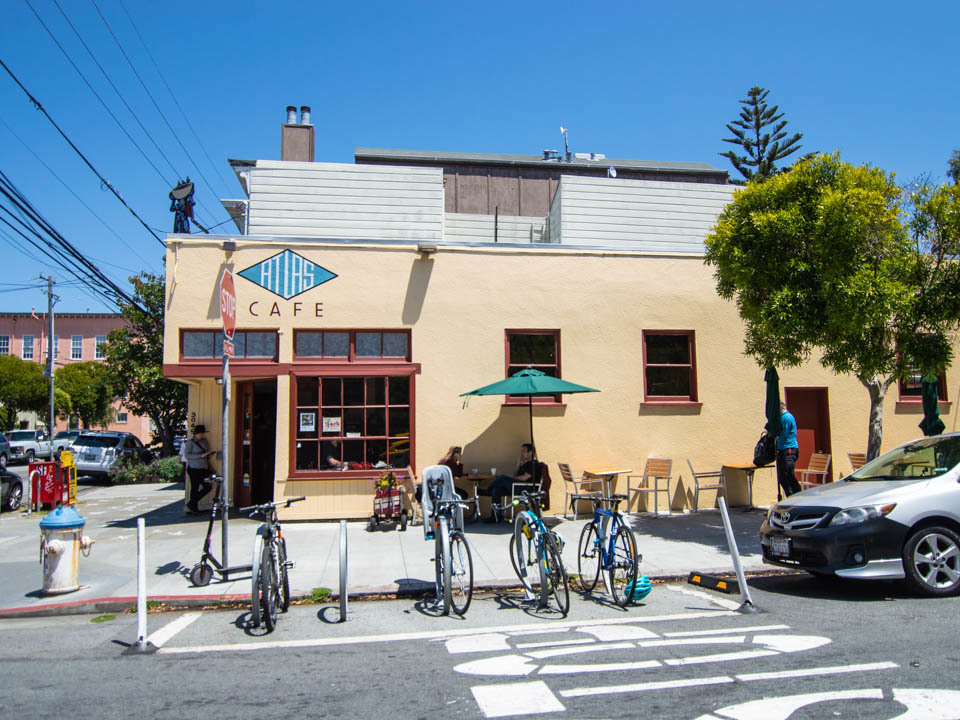
The neighborhood and local economy may have shifted, but there's no doubt that Atlas has stayed true to its original vision as "a place for the neighborhood to gather, eat, relax and socialize," Stone said.
Stone and his staff have made sure the space is worker-friendly, with plenty of outlets and free wifi. A magazine rack near the front entrance and plenty of seating encourage visitors to stay as long as they wish.
"Whether people know it or not, we've been around for a while," Stone says. "We're kind of part of the community now, in some sense."
Atlas Cafe is open weekdays from 6:30 a.m. - 10 p.m., Saturdays from 8 a.m. - 10 p.m., and Sundays from 8 a.m. - 8 p.m.




